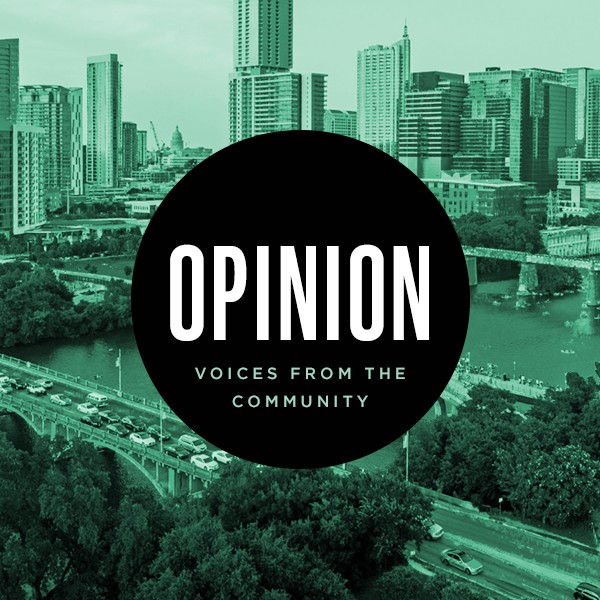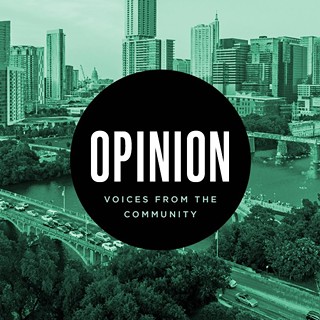For the three years I worked at USAID, nearly every time I told someone what I did, I had to spell out the acronym. Most people had never heard of it. I’d give a tight, two-sentence summary, and the usual response was: “Huh. That sounds important.”
Then I got laid off.
Suddenly, no one asked what USAID stood for. Friends, family, the unemployment officer, an IRA transfer rep – even a stranger at the grocery store – knew exactly what I meant. For the first time, USAID had become a household name. But not because of the work we were doing – because we were being dismantled.
Amidst Elon Musk’s recent, acrimonious exit from the Trump administration, I can’t help but feel how surreal it all is. We’re living in a moment where ego and spectacle dominate, and serious work – quiet, lifesaving work – gets erased with a mass email and no severance. It’s hard not to wonder what any of it was for.
But meaning doesn’t live in headlines. It lives in the work.
At USAID, I supported health organizations in low- and middle-income countries to manage U.S. foreign assistance effectively and independently. We worked to ensure critical services – like HIV/AIDS treatment – wouldn’t vanish when U.S. dollars eventually did. This wasn’t charity. It was infrastructure. It valued local leadership. It had strong bipartisan support. It was designed to save lives and save money in the long term.
Now, it’s gutted.
On January 28, I lost my job. My family lost two-thirds of our income. My infant son lost his health insurance. And I’m not alone. Tens of thousands of public servants across agencies have been caught in the crosshairs of an administration that sees federal expertise as expendable. These are people with advanced degrees, years of experience, and deep commitment to public good. They didn’t take these jobs to get rich. They did it because they believed in something bigger.
Foreign assistance is often misunderstood or politicized. But in truth, it’s one of the most strategic investments the U.S. makes.
Foreign assistance is often misunderstood or politicized. But in truth, it’s one of the most strategic investments the U.S. makes. Less than 1% of our federal budget goes toward foreign aid, and yet it prevents wars, slows pandemics, strengthens fragile states, and opens new markets for American business.
USAID’s global health programs helped cut child mortality in half since 1990. Its agriculture and food security efforts reduce famine-driven migration and stabilize regions before a crisis hits. Its work helps stop pandemics at the source, before they ever reach our shores.
And this is not just liberal idealism. President George W. Bush launched PEPFAR, saving over 25 million lives. Under Trump, USAID led COVID-19 response and vaccine delivery worldwide. Support for foreign aid has always been bipartisan – until now.
When you cut foreign assistance, people don’t just suffer. They die. Programs disappear. Epidemics spread. Civil society weakens. And instability does what it always does: spreads.
This isn’t just about a few thousand federal workers. It’s about the kind of country we want to be. One that prevents a crisis – or one that waits for it to reach our doorstep.
I didn’t write this for sympathy. My family is figuring it out. But if you’ve never thought much about foreign assistance, now you have a reason to. If you didn’t know someone who was affected, now you do.
If you care about a safer, stronger America, foreign assistance is your issue too.
Courtney Eker Hardy is the senior operations associate at the Dovetail Impact Foundation. She previously worked with USAID, UNFPA, and Peace Corps on global health and gender equity. Courtney holds dual master’s degrees in global policy and public health from the University of Texas and lives in Austin with her husband, baby, and two dogs.
agriculture and food safety efforts = https://www.feedthefuture.gov
Got something to say? The Chronicle welcomes opinion pieces on any topic from the community. Submit yours now at austinchronicle.com/opinion.

